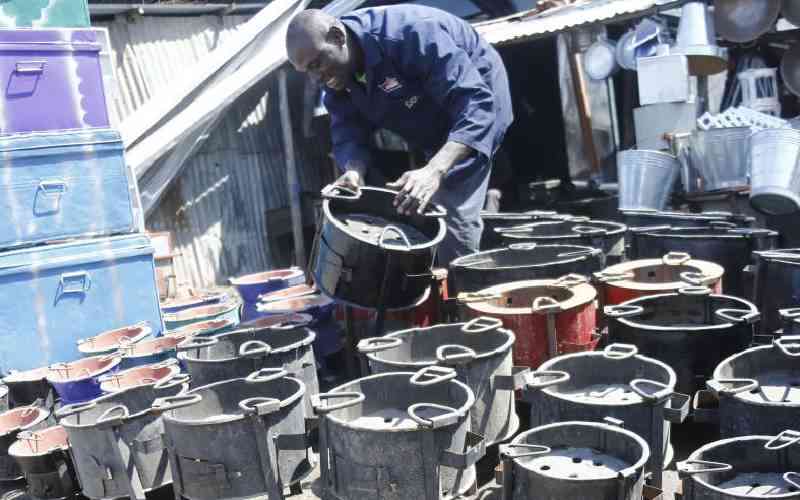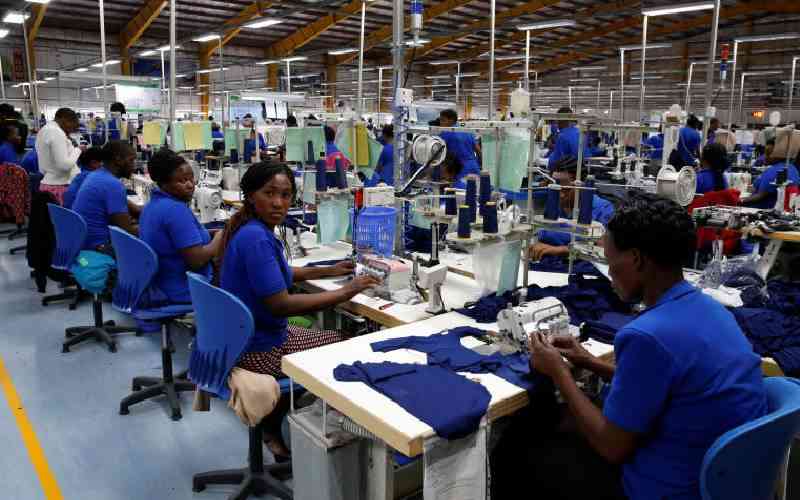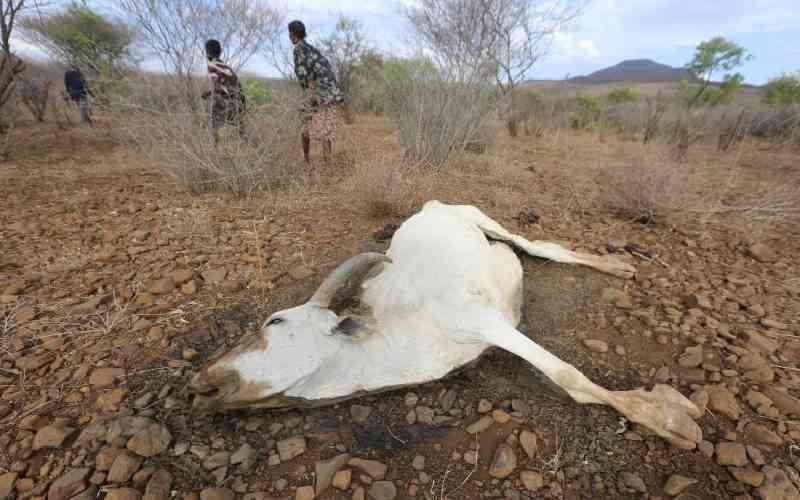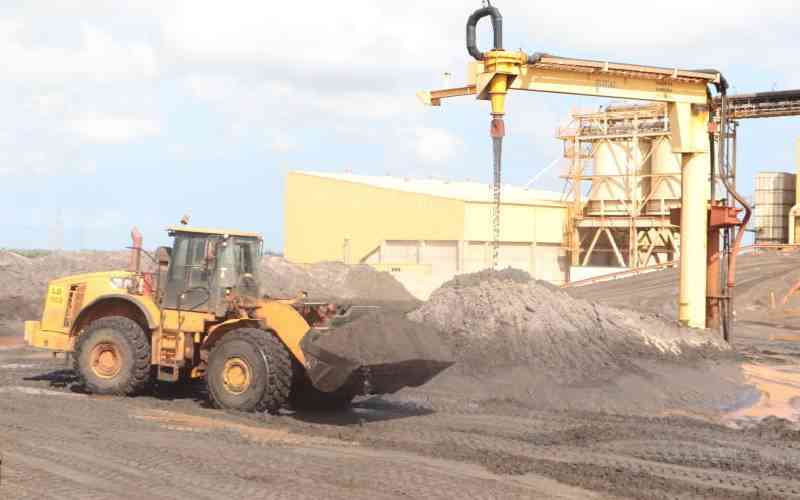×
The Standard e-Paper
Join Thousands Daily
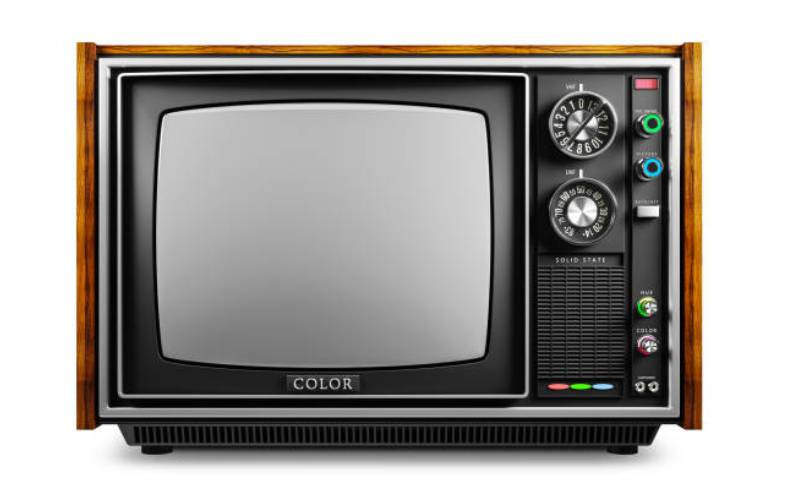
TVs were rare in Kenya as we grew up with most hustlers watching them for the first time in high school.
It has been argued that one reason for burning schools and specifically dormitories was rare then is that life was better in school than at home. Today, it's the opposite.
